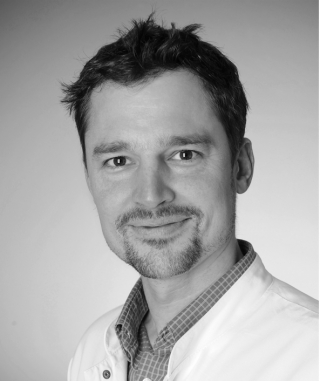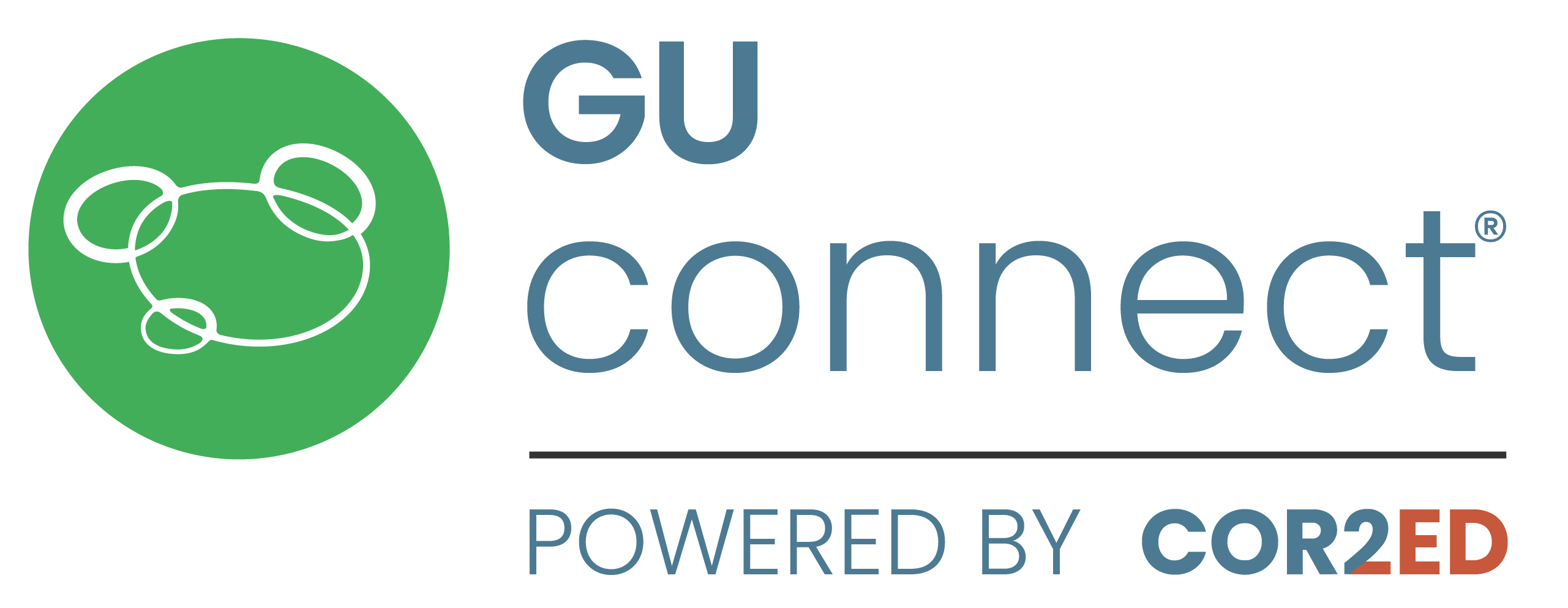As an experienced urologist and member of GU CONNECT, Prof. David Pfister provides his perspective on new therapies for mHSPC.
After finishing medical school in November 2004 Dr Pfister started his residency in the Department of Urology at the University of Cologne. For his endoscopic training, he switched to the General Hospital in Weiden (Oberpfalz/Bavaria) between August 2006 and March 2007. After returning to Cologne Dr Pfister heightened my oncologic education under Prof. Heidenreich. The oncologic training consisted of two arms: medical and surgical oncology. In 2009 his education was augmented at the University Hospital of Aachen. In 2010 he passed his urologic board exam. Since 2011 Dr Pfister has been working as a staff urologist with main interests in castration-resistant prostate cancer and testicular cancer. In 2011 he passed the Charles Huggins grant, an educational grant at the Center for Prostate Disease Research in Maryland, USA. In 2012 Dr Pfister received an additional qualification in the systemic treatment of solid tumours and since that time he has organised and led the urological clinical trial centre. In 2012 Dr Pfister qualified as a Professor and became an Associate Professor in November 2012 for medical oncologic treatment in urological tumours. At the end of 2015 he became the Commissionary Leader of the Urologic Department of the University of Aachen. Since 2016 Dr Pfister has become the Deputy Director of the Department of Urology, Uro-oncology and Robot-Assisted Surgery, University Hospital of Cologne. Special interest is castration-resistant, radiation-resistant prostate cancer and testicular cancer.
AstraZeneca, Bayer, Merck, MSD, Janssen and Pfizer.
Other programmes of interest
ADCs in HER2+ metastatic breast cancer and management of adverse events
Consensus-based guidance for clinicians and patients
ER+/HER2- metastatic breast cancer: Highlights from the APBCS 2026 Satellite Symposium
Experts discuss 2L+ treatment strategies in endocrine therapy-eligible patients
Experts
Dr Mastura Md Yusof, Dr Hope S. Rugo, Prof. Matteo LambertiniMetastatic breast cancer: Understanding HER2-low and HER2-ultralow classification
A novel therapeutic framework
Experts
Dr Komal Jhaveri, Oncology Brothers (Moderators)Thriving beyond an EP-NEC diagnosis
Perspectives on treatment and care
Navigating extrapulmonary neuroendocrine carcinoma (EP-NEC)
Insights for patients and care partners




 Downloadable
Downloadable  20 MIN
20 MIN
 Feb 2026
Feb 2026 







